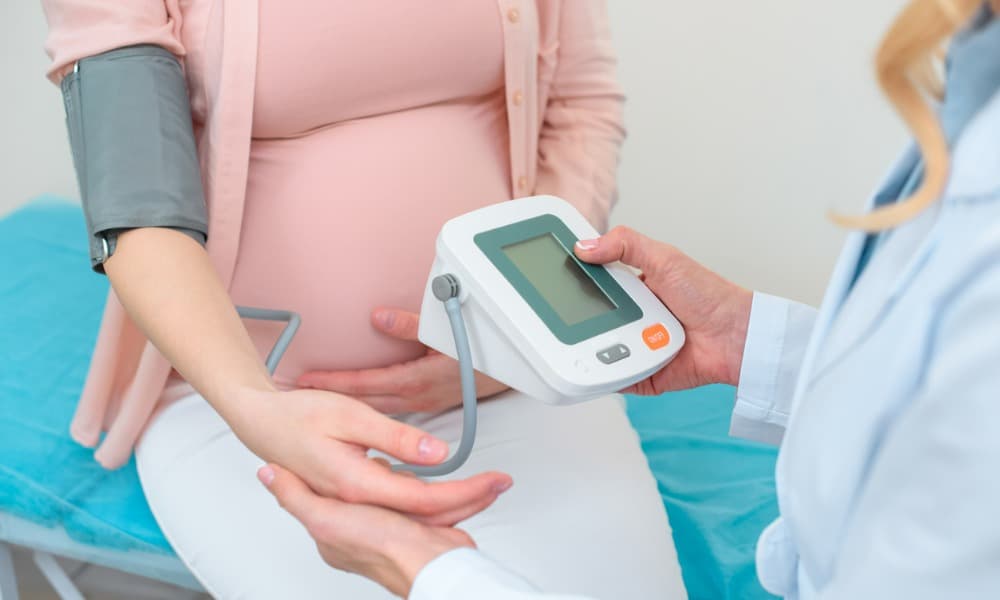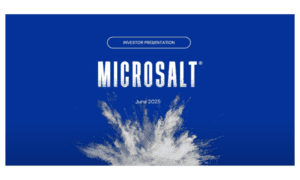Pregnancy is a delicate time when high blood pressure can cause significant problems. Here’s what you need to know to stay aware and proactive.
Key takeaways:
- Hypertension can affect all women during pregnancy
- High blood pressure leads to other complications
- Healthy dietary choices play a critical role in the health and well-being of mother and child
There’s no more delicate or stressful time for a human body than pregnancy, and high blood pressure (hypertension) is a natural side effect for some women during this time. Pregnancy can also exacerbate pre-existing hypertension, making a chronic situation even worse.
The importance of monitoring and managing hypertension as the term progresses cannot be overstated because high blood pressure can harm both mother and child if not addressed. In this guide, we’ll cover symptoms to watch out for, complications caused by high blood pressure, and how to reduce your risk.
Know the numbers for hypertension
Pregnancy is holistically demanding. A woman’s mind, body, and emotions are put under strain, and stress in any of those areas can elevate blood pressure. One concerning aspect of hypertension is that it doesn’t necessarily present any symptoms, so you may not be aware that you have it. This is why it’s so important to schedule regular blood pressure checks with a health-care professional during pregnancy.
Blood pressure is measured using two numbers separated by a forward slash. The upper reading on the left is called the systolic. The lower reading, the diastolic, is on the right. Normal blood pressure is a systolic of less than 120, and a diastolic below 80. Hypertension occurs at or above 130-139 systolic and 80-89 diastolic.
The impact of high blood pressure during pregnancy
Mothers-to-be face a number of very serious potential consequences from unregulated hypertension. An unborn child can struggle to receive oxygen and nutrients when the mother’s blood pressure is too high, which can force premature delivery. An expectant mother with high blood pressure can also suffer placental abruption, which is the partial or complete separation of the placenta from the inner wall of the uterus.
Preeclampsia, which can result in kidney, brain, or liver damage, is linked to gestational hypertension, which occurs around the halfway mark of a typical term. Gestational hypertension tends to disappear after the child is born, but this isn’t always the case. For that reason, postnatal mothers must be vigilant with their blood pressure – sometimes for weeks after giving birth – to better treat lingering hypertension or postpartum preeclampsia.
Women with pre-existing high blood pressure are at greater risk of all the above and may be diagnosed with chronic hypertension with superimposed preeclampsia. Mothers experiencing their first pregnancy or who are diabetic or overweight also face pronounced risk.
Recognizing the symptoms of high blood pressure and gestational hypertension can help protect pregnant women and their unborn babies. Make prenatal care a priority to ensure a professional diagnosis that will further assist in managing high blood pressure during pregnancy.
Some best practices for hypertension management
Keeping up with regular exercise and maintaining a healthy weight are two pillars of hypertension management. Of course, these are easier said than done during pregnancy! Here are three further steps that expectant mothers can also take with a little less effort:
Invest in and learn to use a blood pressure monitor
Expectant mothers can successfully monitor their blood pressure at home when they follow the correct procedure. This includes proper posture, a consistent schedule, and taking multiple readings. Here are some of 2023’s best hypertension monitors.
Follow a healthy diet
Reducing sodium intake during pregnancy is a strong step toward successful hypertension management. If you’re looking for ideas, these 11 tasty low-sodium recipes can help with quick nutrition.
Reduce or eliminate alcohol and smoking
More than three drinks in one sitting can temporarily raise blood pressure, with alcohol’s calories also contributing to weight gain. Smoking also increases blood pressure, which only adds to the many other harms it can cause to unborn children which include brain and lung damage, sudden infant death, or miscarriage. In short, if you’re pregnant, don’t drink alcohol or smoke.
These steps can have a measurably positive effect for pregnant women. Don’t forget that the suggestions in this guide are intended only as an educational resource. Always consult a medical professional about your health before implementing any changes to your current lifestyle.
More resources to help with high blood pressure during pregnancy
If you need help managing your blood pressure, there are many resources available. Local initiatives and patient assistance programs often supply valuable financial aid toward affording hypertension treatment. The Pulmonary Hypertension Association offers weekly updates on nonprofit assistance programs. And the American Heart Association also offers supplementary information in this regard.
Both MicroSalt® shakers and our flavorful SaltMe®! Chips can help pregnant women significantly reduce their sodium intake. Our all-natural products provide a full, salty taste with half the sodium of traditional salt and no harmful additives. That’s one less thing to worry about during a stressful time!
Stay connected to MicroSalt® for low-sodium insights
We regularly update our knowledge base with the latest developments in the sodium sphere while supplying tips on making a low-sodium lifestyle simple and tasty to achieve. MicroSalt®’s commitment to health combined with flavor has won us awards like the Sodium reduction Technology Provider of the Year for 2022 and the P&G Alumni Network Star Entrepreneur Award for 2021. Contact us to learn more about our mission!




